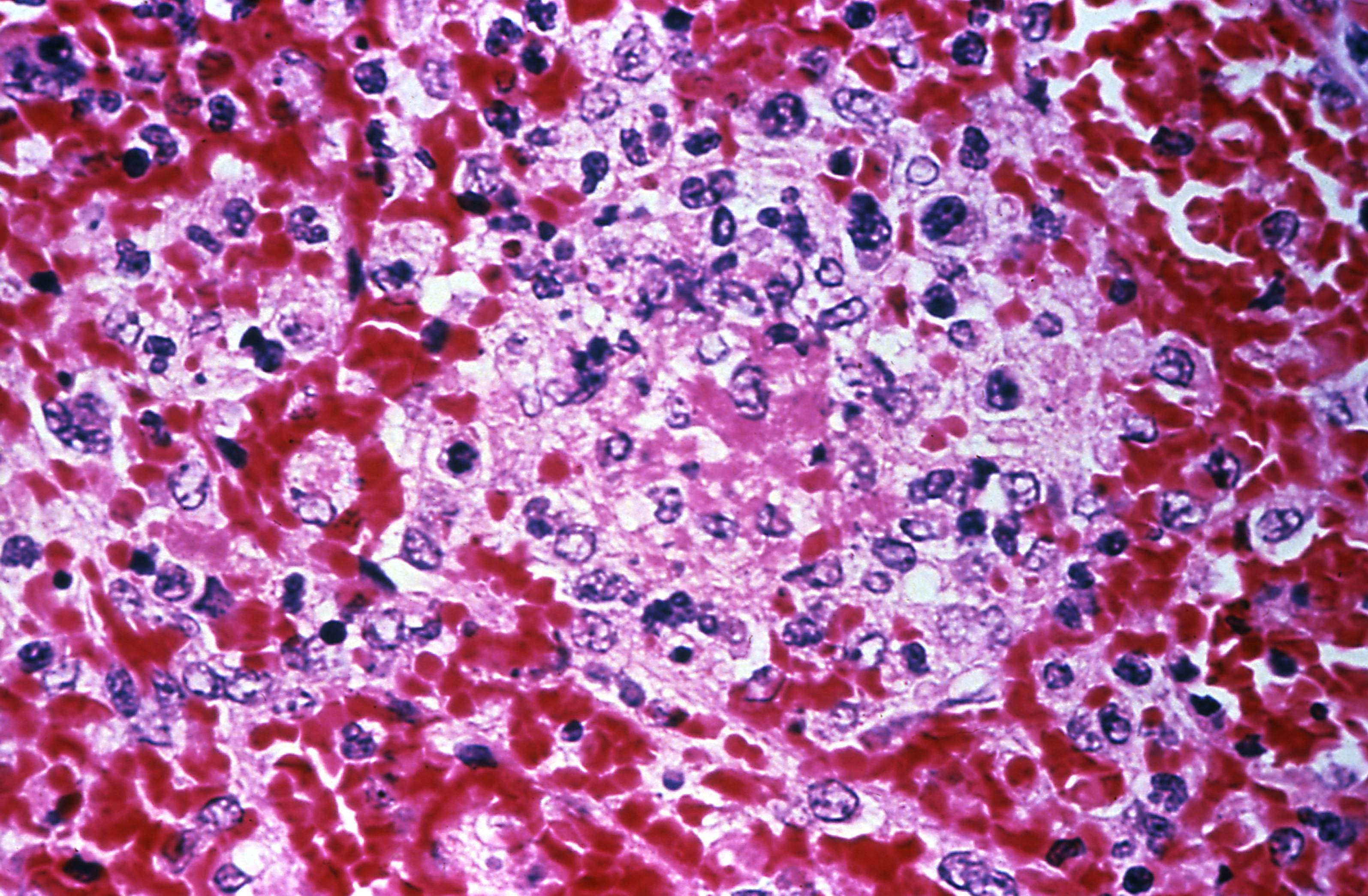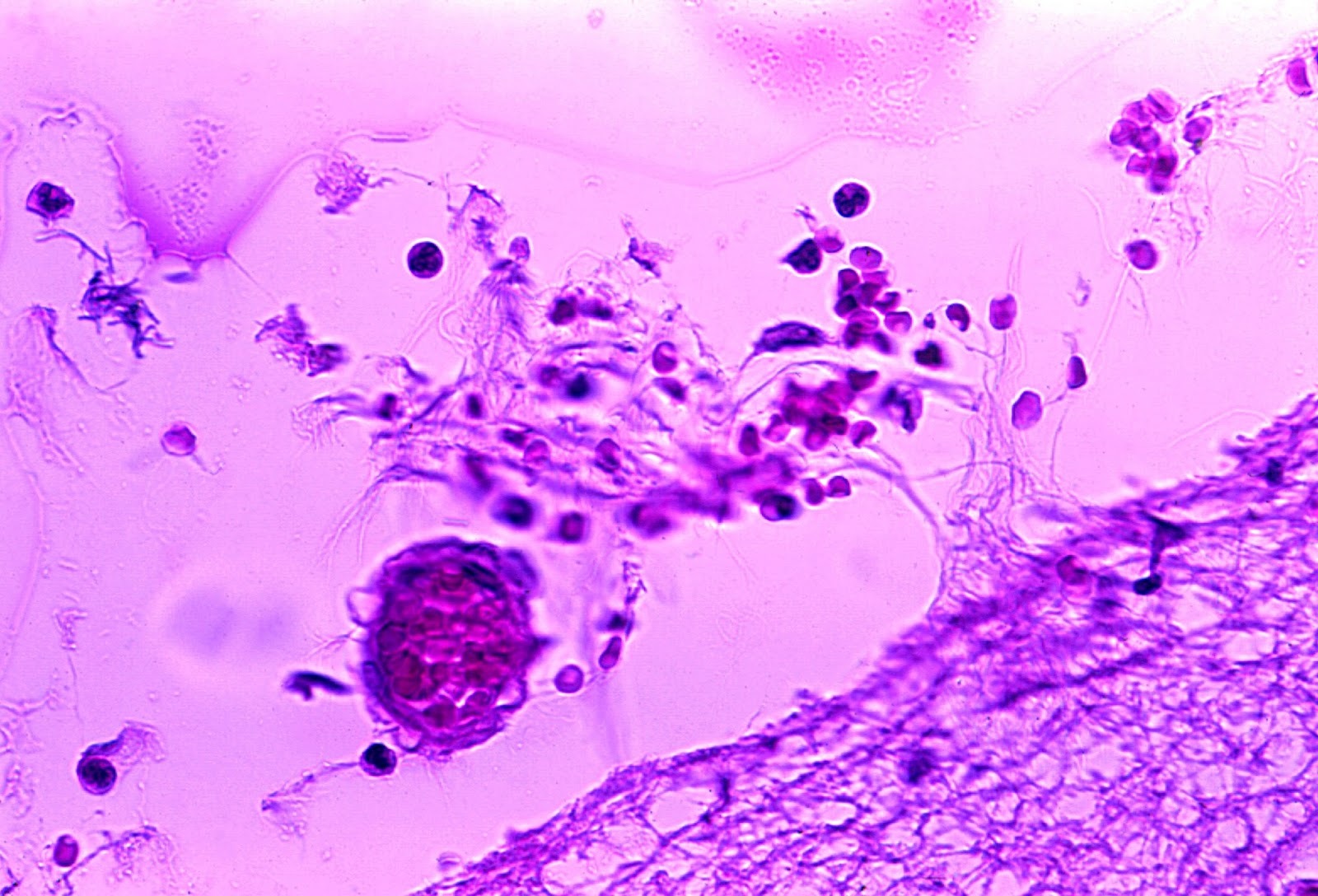Avoid Meningitis Mayhem: What You Need To Know
Meningitis is characterized by inflammation of the meninges or the three layers of tissue that protect and cover the spinal cord and brain. The inflammation is caused by an infection of the fluid surrounding the brain and spinal cord. Most cases of meningitis are caused by an airborne viral or bacterial infection that is spread through coughing and sneezing, but in rare cases, it may be caused by inflammatory disease, drug allergies, and cancer. Treatment differs depending on the cause of the infection.
Bacterial Meningitis

Bacterial meningitis is a serious infection that may cause death within a few hours. While many people recover from bacterial meningitis, they may be left with permanent disabilities such as hearing loss, brain damage, or learning disabilities. Bacterial meningitis is caused by several types of bacterial strains, including the Streptococcus pneumonia, Neisseria meningitides, Haemophilus influenza, Listeria monocytogenes, and Group B Streptococcus viral strains.
Bacterial meningitis spreads by coming in contact with an infected person. Some people may even carry the bacteria inside their body without ever getting sick; however, they can still transfer the infection to other people who may get sick.
Viral Meningitis

Viral meningitis is less severe and more common than bacterial meningitis. Most people with viral meningitis get better on their own with treatment. The most common cause of viral meningitis is non-polio enterovirus. While many people in the United States are infected with viral meningitis during the late spring to the fall, only a small number of people will get sick. Other viral strains that cause meningitis may include mumps, chickenpox, shingles, measles, influenza, and West Nile. Viral meningitis is an airborne infection spread through contact with an infected person.
